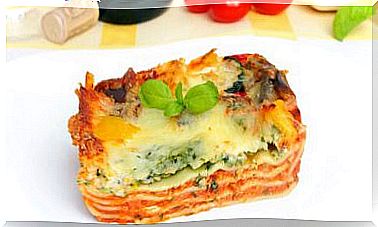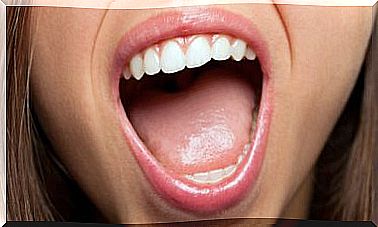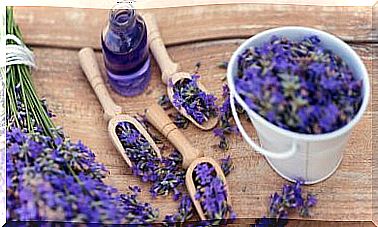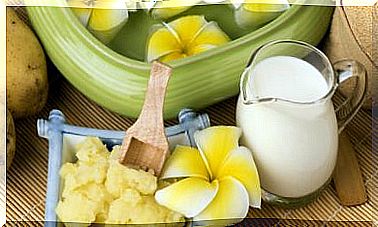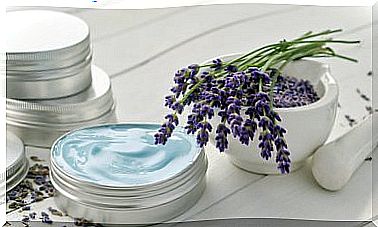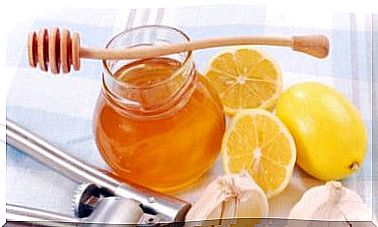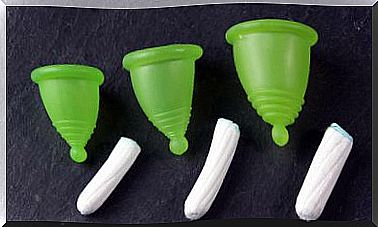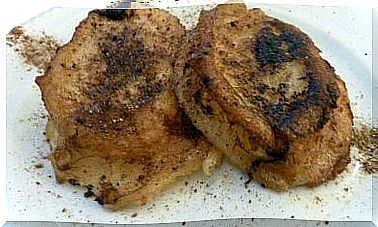Seeds That You Can Include In The Diet
Do you usually include seeds in your diet? Although you may be ignoring it, it is a tasty food that can provide you with an “extra” of essential nutrients. Despite their tiny size, they usually provide vitamins, minerals and fatty acids, among other elements.
In addition, it is an energy food that can help you promote well-being in many ways. It is even said that they could be an interesting supplement to lose weight, since they would help prolong the feeling of satiety. We share our suggestions with you.
Seeds to include in the diet
There are many varieties of seeds to include in the diet on a regular basis. They are a versatile food that, in fact, combines very well with other ingredients. Its popularity continues to grow, as more and more benefits are attributed to its nutrients. Furthermore, they are relatively inexpensive and easy to prepare.
In this article we want to review the nutritional content and benefits of four varieties of seeds to include in the diet. Go ahead and try them!
1. Chia seeds
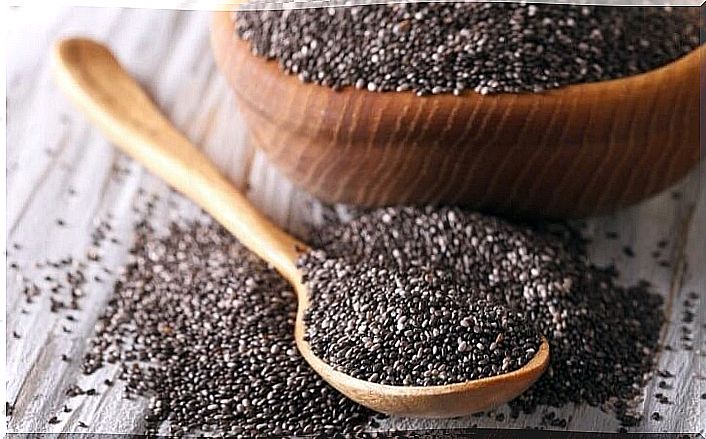
According to data from United States Department of Agriculture , c It has high levels of Omega-3 and Omega-6 fatty acids (23,665g of polyunsaturated acids / 100g). These acids would promote cardiovascular health according to different studies.
In addition, chia is an interesting source of soluble fiber and this, together with its ability to absorb approximately seven times its weight in water, forming a kind of gel in the stomach, would prolong the feeling of satiety.
They are rich in alpha-linolenic acid, which would also provide good cardiovascular health and calm the gastrointestinal system, especially heartburn.
They would also help raise good cholesterol levels and lower total cholesterol levels, as well as effects that would help control diabetes, depression and hypertension (data published in NCBI in 2015).
2. Pumpkin seeds
Pumpkin seeds provide vitamins of groups A and C, as well as beta-carotene. These substances have antioxidant properties that, according to different studies, would help neutralize free radicals (substances that could damage cells) thus preventing different diseases.
They are also rich in phytosterols, which would help reduce blood cholesterol levels, and minerals, such as manganese, magnesium, phosphorus, iron, copper, zinc, as well as protein, vitamin K, and tryptophan.
3. Sunflower seeds
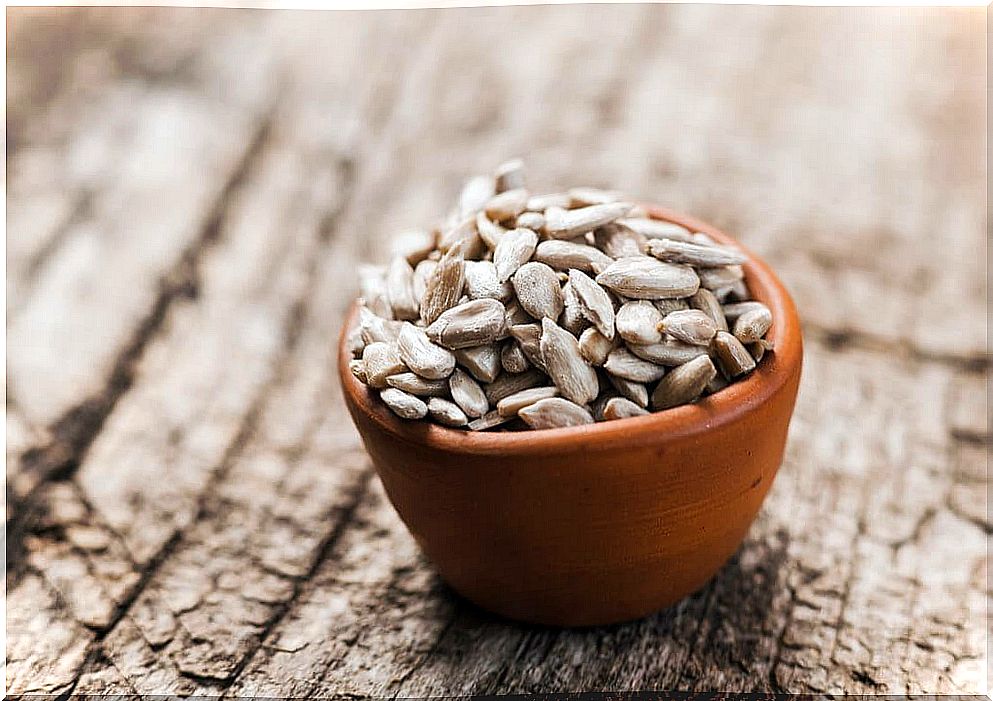
Sunflower seeds contain monounsaturated and polyunsaturated fats that would help lower bad cholesterol, according to an article published in Harvard Health Publishing .
They also contain significant amounts of antioxidants, thanks to vitamin E, selenium and copper, which would prevent or delay cellular damage that could lead to premature aging.
It should be noted that sunflower seeds contain tryptophan, which would help promote relaxation and sleep, and choline, which would play a positive role in memory and cognitive function
4. Poppy seeds
Poppy seeds contain minerals, such as phosphorous ; they also provide 13% of the recommended daily value for calcium and 5% of the recommended intake for iron. On the other hand, they are a source of B vitamins and linoleic acid.
The intake of these nutrients is believed to be beneficial for the health of the nervous system and the brain. They could also help minimize cardiovascular risk. They would even improve digestion, strengthen the immune system and take care of bone health.
Note : It is recommended not to consume poppy seeds in pregnancy, as it could affect the development of the future baby.
5. Hemp seeds
Hemp seeds stand out on a nutritional level as a source of vegetable protein (31.56g / 100g). They also provide vitamins, minerals and healthy fats.
In general, they stand out for being an interesting source of energy and for their satiating effect due to their fiber content (4g / 100g). In addition, according to a study by Nutrition & Metabolism , the consumption of its oil would be related to better cardiovascular health and a decrease in inflammation. However, more research is needed in this regard.
